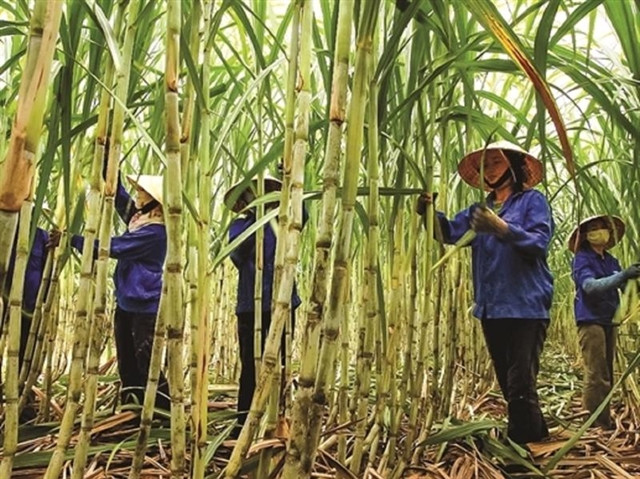Sustainable Biofuel Model
The Sustainable Biofuel Model stands at a pivotal crossroads where sustainable development, energy security, and climate action converge. The Feedstock-Technology-Product (F-T-P) approach offers a comprehensive framework for integrating biofuels into key industries, including sugar. This strategy aligns with India’s National Policy on Biofuels 2018, positioning the sugar industry as a catalyst for sustainable growth.
Diversifying Feedstocks: A Pillar of Sustainability
India’s rich agricultural landscape provides a unique opportunity to lead in biofuel production. The F-T-P framework categorizes feedstocks into three generations to ensure scalability and sustainability:
- First-Generation Feedstocks (1G):
- Sources: Molasses, sugarcane syrup, and surplus grains.
- While readily available, their use requires careful management to prevent conflicts with food security.
- Second-Generation Feedstocks (2G):
- Sources: Agricultural residues like bagasse, rice straw, and wheat straw.
- These sustainable alternatives are supported by the Ministry of New and Renewable Energy (MNRE), which promotes research into 2G ethanol technologies using sugar mill by-products.
- Third-Generation Feedstocks (3G):
- Sources: Algal biofuels.
- Though still in experimental stages, they promise high yields with minimal land requirements. India’s National Mission on Algal Biofuels underscores the nation’s commitment to advancing this frontier technology.
Advancing Technology for Sustainable Biofuel Model
Technological innovation is the cornerstone of a thriving biofuel industry. Key advancements include:
- Alcohol-to-Jet (ATJ) Technology:
- Essential for decarbonizing aviation, this technology has propelled India’s first commercial Sustainable Aviation Fuel (SAF) plant.
- Bio-Methanation:
- Supported by MNRE’s SATAT initiative, this process converts organic waste into biogas, fostering a circular bioeconomy.
- Lactic Acid Technologies:
- These technologies facilitate the production of bioplastics from polylactic acid (PLA), reducing dependency on conventional plastics while supporting environmental goals.
Expanding the Product Spectrum
The F-T-P framework redefines biorefineries as multifunctional hubs producing diverse, high-value outputs:
- Ethanol Production:
- The Ethanol Blending Programme (EBP) has spurred demand for ethanol, with a focus on scaling 2G ethanol production for long-term sustainability.
- Sustainable Aviation Fuel (SAF):
- SAF offers a lucrative avenue as the aviation sector adopts biofuels to meet climate goals.
- Renewable Chemicals and Materials (RCM):
- Producing bio-based chemicals enhances profitability while reducing reliance on fossil fuels.
- Bioplastics and Bio-Bitumen:
- These products align with the rising demand for eco-friendly infrastructure and packaging solutions.
Integrated Biorefineries: A Blueprint for the Future
Integrated biorefineries embody the F-T-P vision by combining diverse feedstocks, advanced technologies, and varied outputs. Their benefits include:
- Optimized Resource Utilization: Maximizing the value of every input.
- Waste Minimization: Leveraging circular production models.
- Rural Development: Establishing sustainable industrial hubs that uplift local economies.
Charting India’s Biofuel Future
The F-T-P approach offers a roadmap for realizing India’s biofuel aspirations. By embracing diverse feedstocks, pioneering technologies, and an expansive product portfolio, the sugar industry can drive India’s transition to a green economy. With robust government policies as a foundation, stakeholders must foster collaboration, invest in research, and adopt sustainable practices to unlock the full potential of biofuels.



